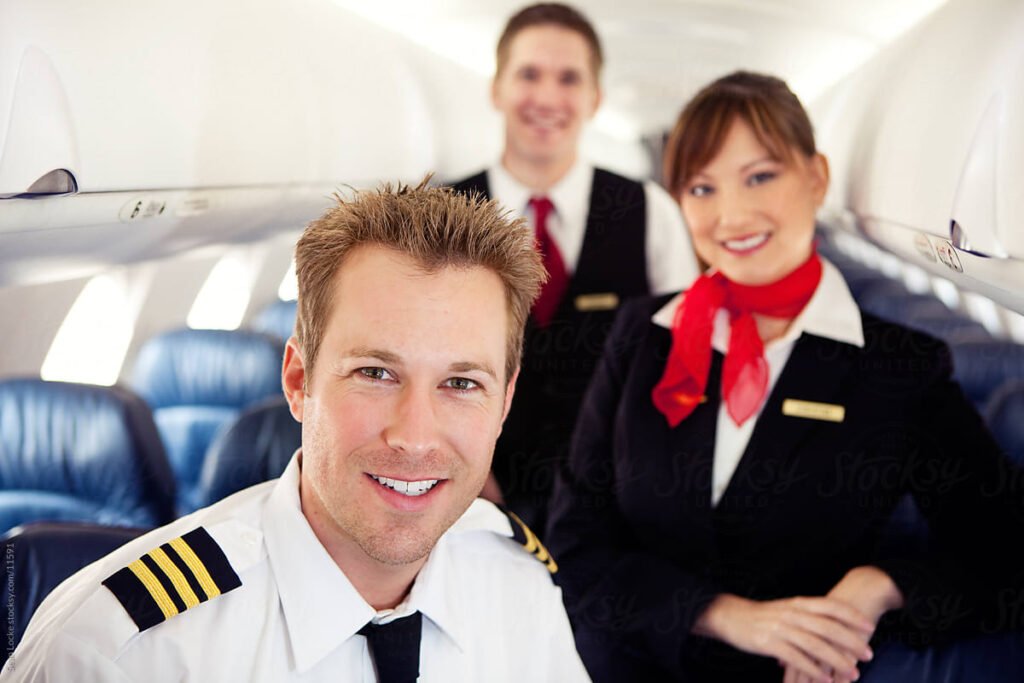Airline Pilot Taxes

Airline Pilot Taxes
Overview
As an airline pilot, your career comes with unique perks and challenges—and taxes are no exception. Managing your tax obligations can feel overwhelming, especially with diverse income sources, travel-related deductions, and multi-state tax complexities. Understanding how to handle airline pilot taxes can help you save money, stay compliant, and reduce stress. Let’s explore the key elements of filing taxes as a pilot and some practical tips to simplify the process.
Understanding Airline Pilot Income
Pilots often have a mix of income sources, each with its own tax implications. These typically include:
- Base Salary: A set amount paid regardless of hours flown.
- Flight Pay: Additional earnings based on hours, mileage, or specific flights.
- Per Diem Allowances: Payments meant to cover meals and incidental expenses while traveling.
- Bonuses: Extra income from sign-on bonuses, meeting performance goals, or reaching milestones.
All of these income streams are generally subject to federal, state, and sometimes local taxes. Keeping detailed records of these earnings is crucial for accurate tax filing.
Common Tax Deductions for Airline Pilots
One advantage of being a pilot is the variety of work-related expenses that may qualify as tax deductions. Here are some common examples:
1.Per Diem Expenses:
While airlines provide per diem payments, they may not always cover your actual costs. You can often deduct unreimbursed amounts based on IRS-approved per diem rates for the cities you travel to.
2.Uniform Expenses:
Costs for purchasing, maintaining, and cleaning uniforms required by your employer are tax-deductible, provided the uniforms aren’t suitable for everyday wear.
3.Job-Related Travel Costs:
Transportation to and from the airport (if not reimbursed), baggage fees, and other travel-related expenses can be deducted as work-related costs.
4.Continuing Education and Licensing:
Fees for renewing certifications, taking required training, or attending industry-related courses may qualify for deductions.
5.Union Dues:
Membership fees or union dues are deductible as professional expenses.
6.Flight Equipment:
Tools like flight bags, logbooks, navigation tools, and other job-specific items may also be written off as necessary expenses.
Tax Challenges Unique to Pilots
As a pilot, your tax situation can be more complex than most professions due to the nature of your work. Key challenges include:
1.Multi-State Tax Obligations:
Pilots often reside in one state but work in multiple others, leading to questions about where income taxes are owed. Understanding residency rules and state-specific tax laws is essential.
2.Per Diem Rules:
Calculating deductions for per diem expenses requires careful record-keeping and familiarity with IRS guidelines, particularly for international travel.
3.Complex Income Reporting:
If you receive income from foreign employers or multiple sources, you may need additional forms, such as IRS Form 2555, to exclude foreign-earned income or claim tax credits for foreign taxes paid.
4.Variable Income:
Bonuses, overtime, and fluctuating schedules can make tax planning more challenging, especially if you owe estimated taxes.
Tips for Managing Airline Pilot Taxes
To simplify your tax obligations and ensure accuracy, consider these strategies:
1.Track Your Expenses:
Keep detailed records of receipts, per diem allowances, and unreimbursed costs. Apps or software can make tracking expenses easier throughout the year.
2.Understand State Residency Rules:
Familiarize yourself with the tax rules of your home state and other states where you frequently work to avoid overpayment or double taxation.
3.Maximize Your Deductions:
Work with a tax professional familiar with the aviation industry to identify all possible deductions and ensure you’re claiming them correctly.
4.Plan for Quarterly Taxes:
If you earn additional income outside of your salary, such as freelance or contract flying, make estimated tax payments each quarter to avoid penalties.
5.Hire an Aviation-Savvy Tax Professional:
A CPA or tax preparer experienced in airline pilot taxes can save you time and money by handling multi-state filings, identifying deductions, and navigating complex tax rules.
What About International Pilots?
For pilots working with foreign carriers or flying international routes, taxes can become even more complicated. Key considerations include:
- Filing IRS Form 2555 to claim the foreign-earned income exclusion.
- Applying for tax credits to offset foreign taxes paid.
- Understanding tax agreement between the U.S. and other countries to avoid double taxation.
Working with a tax professional familiar with international aviation is highly recommended in these cases.
Deadlines and Forms for Airline Pilot Taxes
Staying aware of important deadlines and forms is critical to avoiding late fees and penalties.
- Federal Tax Filing Deadline: April 15th (or the next business day if it falls on a weekend or holiday).
- State Tax Deadlines: These vary by state, so check your home state’s requirements.
- Common Forms:
- W-2 (for regular income).
- 1099 (for freelance or additional income).
- Schedule A (for itemized deductions).
Conclusion
Navigating taxes as an airline pilot requires careful planning due to the unique nature of your income and expenses. By understanding the deductions available to you, maintaining detailed records, and consulting with a tax professional, you can reduce your tax liability and avoid compliance issues.
Whether you’re flying domestically or internationally, taking control of your taxes will help you save more of your hard-earned money. The effort you put into staying organized and informed now will pay off when tax season rolls around, giving you peace of mind to focus on what you do best—soaring through the skies.






